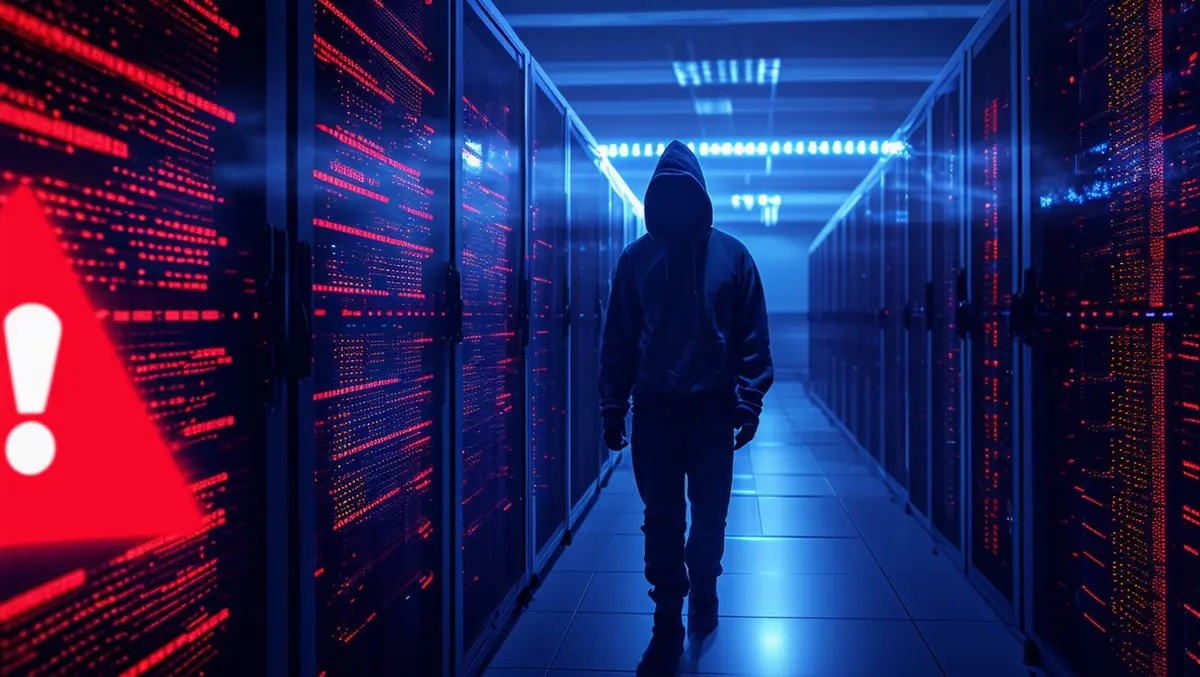
NHS ransomware attack exposes vulnerabilities, experts warn of rising threats
The National Health Service (NHS) recently fell victim to a significant ransomware attack, highlighting the acute vulnerabilities in the healthcare sector's cyber defences.
According to cybersecurity expert Chris Shaw, UKI & SA County Channel Manager at AvePoint, this attack is a grim reminder of the widespread disruption that ransomware campaigns can inflict on critical services. Shaw emphasised the detrimental impact such attacks can have on patient care and overall health systems.
Shaw identified five key lessons that organisations can learn from the NHS cyberattack to enhance their cybersecurity resilience. He stressed the importance of maintaining visibility over IT infrastructure, implementing timely security patches and updates, leveraging isolated, air-gapped backups to maximise cyber resilience, developing a robust business continuity plan, and conducting thorough workforce training. In the past year, 55% of surveyed companies reported experiencing a cyber-attack or related incident. Shaw urges organisations, regardless of size or industry, to act promptly to fortify their defences against persistent malicious actors.
Additionally, the Information Commissioner's Office (ICO) has taken decisive action in response to another cybersecurity incident affecting the NHS. Advanced Computer Software Group, a software provider for the NHS, has been fined GBP £6 million due to a data breach that compromised the personal information of over 80,000 people. According to Dr Harjinder Lallie, a cybersecurity expert at The University of Warwick, the fine underscores the critical need for stringent access controls and robust cybersecurity measures in software systems managing sensitive data.
The breach exposed personal details of 82,946 individuals, including specific instructions on accessing the homes of 890 people, and resulted in the temporary shutdown of seven NHS systems. Hackers gained entry through inadequately protected accounts that lacked fundamental access control mechanisms. Dr Lallie pointed out that improved access controls and stringent security testing would have prevented the breach, highlighting the necessity for rigorous cybersecurity standards in critical software systems.
The recent incidents draw attention to the broader issue of cybersecurity in the healthcare sector, a sector increasingly targeted by cybercriminals due to the sensitive nature of its data and the critical importance of its services. As healthcare providers rely more heavily on digital systems to manage patient information and operational logistics, the need for comprehensive cybersecurity strategies becomes ever more crucial. These strategies must encompass technical defences such as secure coding practices, routine security audits, and the implementation of advanced threat detection systems, alongside human factors such as regular training and awareness programmes for staff.
Chris Shaw and Dr Harjinder Lallie's insights come at a critical moment, as organisations worldwide grapple with the rising tide of cyber threats. The healthcare sector, in particular, must prioritise the creation of a resilient cyber defence framework to safeguard both patient data and the provision of care. Reflecting on the lessons gleaned from these incidents, it is evident that a proactive, multi-faceted approach to cybersecurity is essential for mitigating risks and protecting vulnerable systems from increasingly sophisticated cyber-attacks.
Moving forward, it is imperative that healthcare organisations engage in continuous improvement of their cybersecurity postures. This includes not only enhancing technical safeguards but also fostering a culture of vigilance and preparedness among all staff members. As cyber threats evolve, so too must the strategies employed to counter them, ensuring that healthcare systems remain secure and effective in delivering critical services to the public.
The recent NHS cyberattack and subsequent ICO fine serve as stark reminders of the vulnerabilities that exist within critical infrastructure and underline the urgent necessity for robust cybersecurity measures. It is clear that only through sustained, committed efforts can organisations hope to defend against the pervasive and evolving threat of cyber-attacks.


